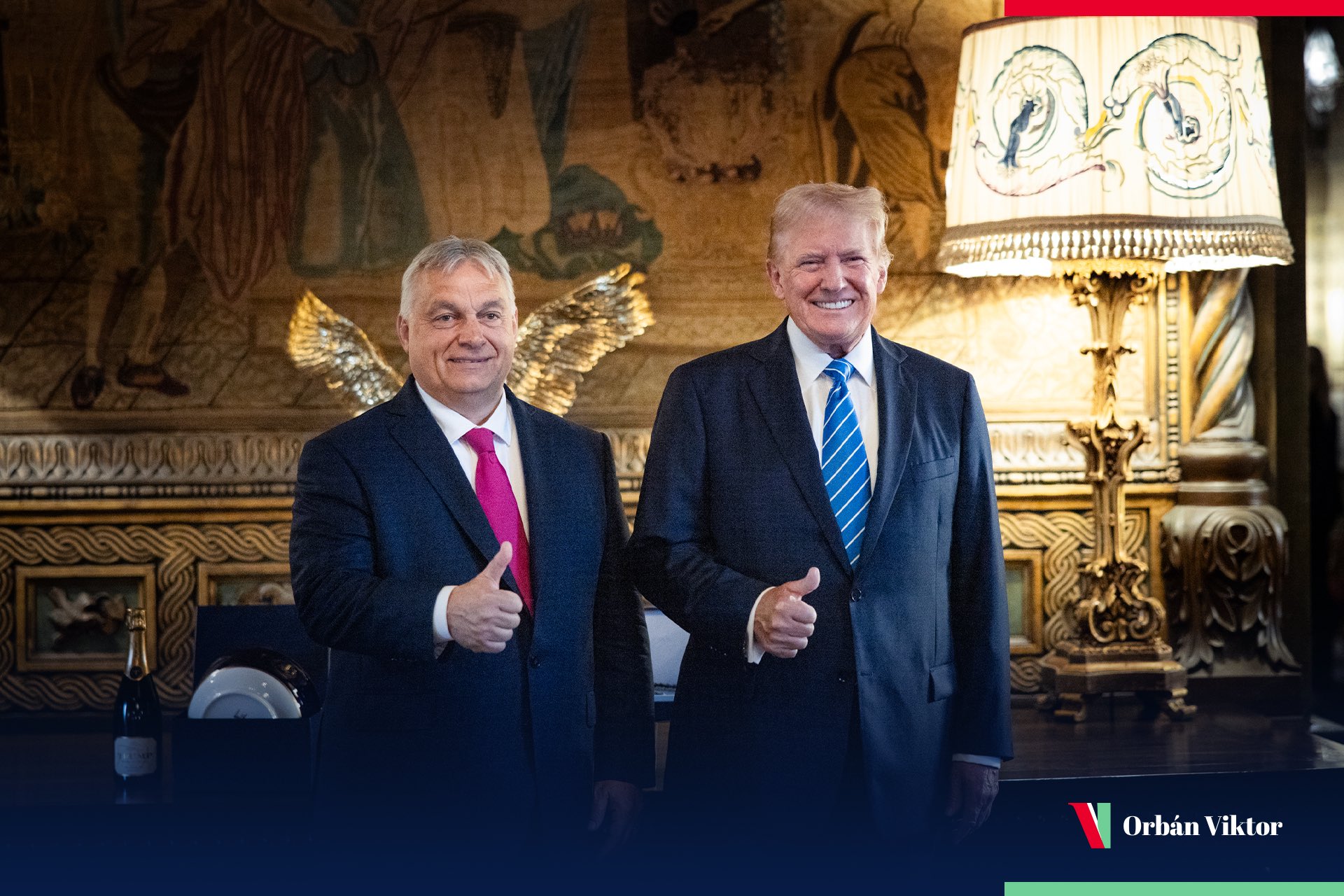Hungarian Prime Minister Viktor Orbán provided a summary of his recent discussions with leaders from Ukraine, Russia, China, Türkiye, and former US President Donald Trump, according to his report sent to European Council President Charles Michel.
Orbán’s recent trips to Moscow and Beijing in his so-called “peace mission” drew criticism from EU member states about Hungary’s alignment with EU policies and values.
The Hungarian leader claims that both Russia and Ukraine show no apparent interest in initiating a ceasefire or peace negotiations.
"It is a general observation that the intensity of the military conflict will radically escalate in the near future," Orbán writes in the report.
Orbán identifies the European Union, the United States, and China as the three global players capable of influencing developments, with Türkiye recognized as an important regional mediator.
He refers to 2022 peace negotiation attempt in Istanbul, where Russia presented a document called “Treaty on Permanent Neutrality and Security of Ukraine.” It stated that in case of an attack on Ukraine, which would be in a neutral status, the guarantor states (including Russia) would provide assistance to preserve Ukraine’s security; however, at the same time, having the right to veto a military aid. Ukraine did not agree to this.
Orbán about US
As for the United States, Orbán suggests that the current administration is focused on the presidential campaign and unable to modify its pro-war policy.
Orbán's discussions with former President Trump led him to conclude that foreign policy will play a minor role in Trump's campaign, instead being preoccupied with “internal political questions.”
However, Orbán notes that Trump would not delay in assuming the role of “peace broker” if he were to win the election.
“He [Trump] has detailed and well-founded plans for this,” Orbán writes.
Orbán about EU
In the report, Orbán predicts a significant shift in financial burden between the US and EU regarding support for Ukraine if Trump wins the election.
Orbán proposes that the EU consider developing an independent strategy, suggesting a "window of opportunity" to decrease tensions, create conditions for a temporary ceasefire, or initiate peace negotiations between Ukraine and Russia.
Orbán about other countries
After his visit to China, Orbán reports that the country will maintain its policy of calling for a ceasefire and peace talks but will only take a more active role if the “success of its engagement” is nearly certain.
He proposed initiating high-level political discussions with China regarding the next peace conference and rehabilitating direct diplomatic communication with Russia. Another of his proposals is to launch a coordinated political effort towards the Global South to regain their support and counter the global isolation of the transatlantic community concerning the war in Ukraine.
Orbán’s “peace mission”
On 2 July, the Hungarian Prime Minister came to Kyiv to meet with President Volodymyr Zelenskyy, during which Orbán proposed that he “take a break, cease fire and then start negotiations” with Russia.
On 5 July, Orbán went on an unannounced visit to Moscow and met Russian President Vladimir Putin, sparking controversy as the EU clarified he did not represent the bloc during this visit.
Despite his role as EU Council president, Orbán emphasized he was acting independently and without an EU mandate.
On 8 July, he arrived in Beijing to meet Chinese leader Xi Jinping to discuss the ongoing war between Russia and Ukraine. China does not support the Ukrainian “peace formula” but instead promotes a quick ceasefire on Russian terms.
After his controversial trips, 63 Members of the European Parliament (MEPs) called for the suspension of Hungary’s EU voting rights as the country assumed a rotating presidency of the European Council.
Related:
- European Pravda: Orbán in a letter to EU leaders promotes Russia’s “peace for Ukraine”
- Hungarian opposition leader Péter Magyar visits Kyiv, challenging Orbán’s stance
- ISW: Orbán seeks to shift West’s attention from supporting Ukraine to peace talks
- Orbán meets Putin: Ukraine and Russia’s positions “very far apart”

